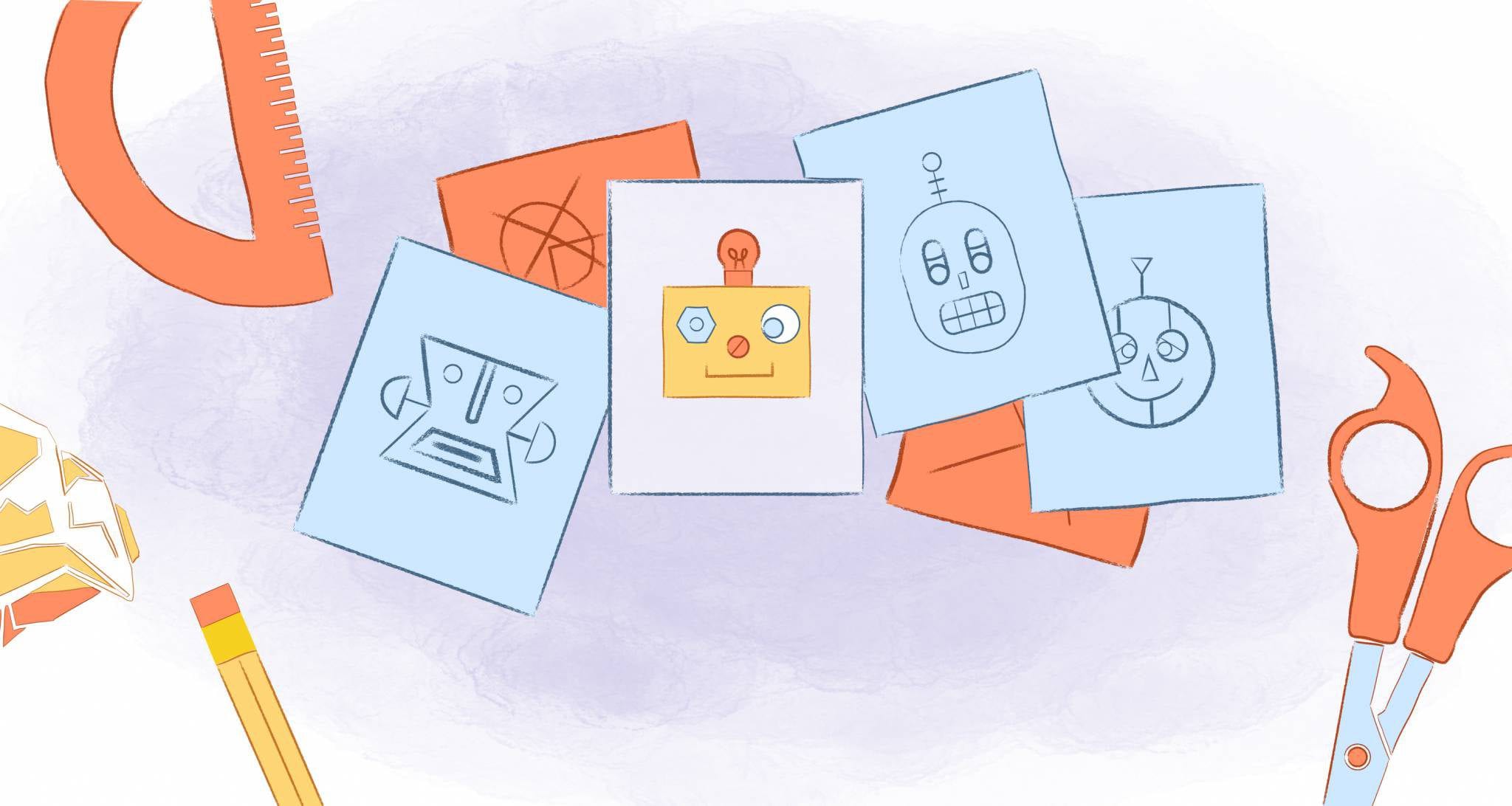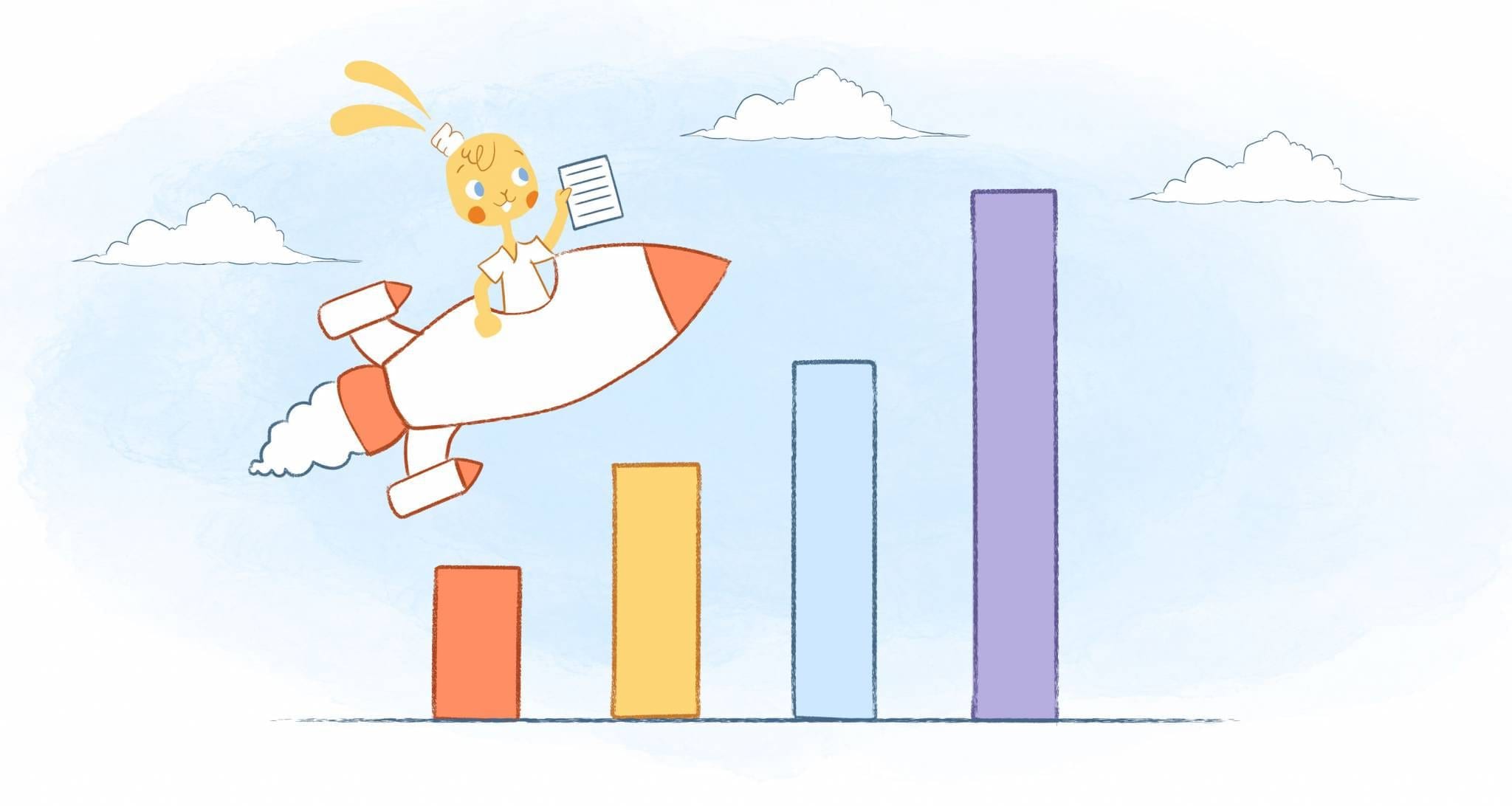

There is nothing better than relaxing during the summer. However, recharging your productivity batteries can also be a great opportunity. There’s a productivity book out there for everyone, whether you want to streamline your workflow, conquer your to-do list, or get more done in less time.
With that said, this summer, check out these twelve great picks.
1. Feel-Good Productivity: How to Do More of What Matters to You by Ali Abdaal
This 2023 release by Ali Abdaal is based on decades of psychological research that suggests that productivity comes from making work fun. The author introduces concepts such as “energizers,” “blockers,” and “sustainers” and discusses how they affect productivity. You will discover practical experiments and insights to help you be happier and more productive today.
It’s so handy and enjoyable, that Forbes called it the best productivity book of 2024. I would recommend this book to anyone who wants to be more productive as well as feel more effective at work.
Sample quote: “Next time you’re feeling like a task or project is particularly difficult, ask yourself, ‘What would it look like if I were really confident at this?’ Just by asking yourself the question, you’ll visualize yourself confidently approaching the task at hand. The switch has been flipped.”
2. 168 Hours: You Have More Time Than You Think by Laura Vanderkam
Laura Vanderkam challenges the myth that you don’t have enough time with 168 Hours, which teaches you how to restructure your time effectively. But what if you feel constantly crunched for time?
As Vanderkam interviewed successful people, she learned that most of them allocate their time wisely, which she describes in “168 Hours.” By tracking their time and prioritizing their most vital activities, she encourages readers to spend less time on non-essential tasks and unlock a more fulfilling life outside of work.
Sample quote: “You cannot remove randomness from the universe. You can, however, use your 168 hours to stack the odds in your favor. To do this, you have to place many bets, and leave nothing you can control to chance. In other words, you have to be open to possibilities, and plan for opportunities.”
3. Slow Productivity: The Lost Art of Accomplishment without Burnout by Cal Newport
Cal Newport’s latest book, “Slow Productivity,” is organized around three key principles:
- Put fewer things on your plate.
- Allow yourself to work at a natural pace.
- Concentrate on what Dr. Newport calls “impressive quality, rather than performative activity.”
By doing so, people think more deeply, are more creative and innovative, and are less stressed. As part of the book, there are also tips for maintaining physical and mental well-being, such as relaxing, reflecting, and growing personally.
“This is what ultimately matters: where you end up, not the speed at which you get there or the number of people you impress with your jittery busyness along the way.”
4. Zen to Done: The Ultimate Simple Productivity System by Leo Babauta
Essentially, “Zen to Done” emphasizes the importance of your sense of well-being to your productivity. The book comes from Leo Babauta, who also wrote “Essential Zen Habits: Mastering the Art of Change.” After reading his book, you can see the value in making incremental and peaceful changes to your habits.
By changing your habits over time and in a chill way, you can focus on the work that needs to be done. To get started, Babauta recommends focusing on the first four habits of ZTD:
- “Collect” information by keeping a notebook for everything you need to do and your ideas.
- “Process” by making quick decisions about your current tasks.
- Set goals every Monday by “planning.”.
- You can “do” a task by focusing exclusively on it.
In short, this book will help you focus on your well-being and become a lean, mean productivity machine.
Sample quote: “The things that matter most should never be at the mercy of the things that matter least.”
5. How to be a Productivity Ninja: Worry Less, Achieve More and Live What You Do by Graham Allcott
According to Graham Allcot, founder of Think Productive, attention management is essential for productivity. As Allcot puts it: “Time + the right attention and focus = work done.” He emphasizes the idea of becoming a ‘productivity ninja’ by maintaining a calm mindset, staying decisive, and using refined workflows.
This book is aimed at chronic procrastinators, multitaskers, and those who are swamped by overflowing inboxes. It includes tips and techniques to keep calm, finish your tasks, and spend more time on productive activities instead of procrastinating. As a productivity ninja’s secret weapon, Allcot presents the CORD model (Capture and collect, Organize, Review, Do), practical advice, and exercises.
Sample quote: “Realize that you’ll never get everything done. That’s not the game anymore. Be safe in the knowledge that you’re in control, selecting the right things to do, and that you’re doing as much as one human being possibly can.”
6. Atomic Habits: An Easy & Proven Way to Build Good Habits & Break Bad Ones by James Clear
One of the most popular and well-loved productivity books on the market is Atomic Habits: An Easy & Proven Way to Build Good Habits & Break Bad Ones. And it’s easy to see why. This book explains how small changes in your daily habits can make a big difference in your success in the long run.
This book examines habit’s power to shape and influence identity and how habits can help. Readers will learn how to apply his framework, the Four Laws of Behavior Change, to develop good habits and overcome bad ones.
Sample quote: “Conventional wisdom holds that motivation is the key to habit change. Maybe if you really wanted it, you’d actually do it. But the truth is, our real motivation is to be lazy and to do what is convenient. And despite what the latest productivity best seller will tell you, this is a smart strategy, not a dumb one.”
7. How to Stop Procrastinating: How to Stop Procrastinating: A Simple Guide to Mastering Difficult Tasks and Breaking the Procrastination Habit by S. J. Scott
In “How to Stop Procrastinating,” Wall Street Journal bestselling author S.J. Scott celebrates the world’s procrastinators. Based on his personal experiences, Scott offers readers a clear framework for becoming more action-oriented.
Throughout the book, the author details the negative consequences of chronic procrastination and its limitations on individual success. By not eliminating procrastination, you stand in the way of your own success. Scott stresses the importance of eliminating procrastination. I recommend reading it if you frequently put off deadlines and put off taking action toward your professional or personal goals.
Sample quote: “Future You knows you should do things that lead to the highest benefit in the long term, but Present You tends to overvalue things that lead to immediate benefit right now.”
8. Four Thousand Weeks: Time Management for Mortals by Oliver Burkeman
Have you ever felt overwhelmed by the sheer size of your to-do list? In “Four Thousand Weeks,” Oliver Burkeman takes a unique approach to productivity. Burkeman suggests that rather than trying to complete everything, we should prioritize ruthlessly and accept that we can’t do it all.
With an average lifespan of 4,000 weeks, “Four Thousand Weeks” encourages you to make the most of each and every one of those weeks.
Sample quote: “Convenience culture seduces us into imagining that we might find room for everything important by eliminating only life’s tedious tasks. But it’s a lie. You have to choose a few things, sacrifice everything else, and deal with the inevitable sense of loss that results.”
9. Organize Tomorrow Today: 8 Ways to Retrain Your Mind to Optimize Performance at Work and in Life by Dr. Jason Selk and Tom Bartow
Are you looking for actionable steps to boost your productivity? Dr. Jason Selk and Tom Bartow’s “Organize Tomorrow Today” offers an eight-step process for cultivating positive habits and optimizing performance.
In addition to practical advice, the authors offer real-life examples, and guidance on personal development based on their expertise in athletics, psychology, and finance. Every page of this book is packed with tips to help you form habits, track daily progress, and communicate more effectively.
If you’re interested in improving your productivity and achieving stress-free results, “Organize Tomorrow Today” is a great book.
Sample quote: “The goal here is to punctuate that the highest-achieving people in sports and business are the ones who get the most done, and to get you to stop chasing that as your goal.”
10. How to Get Sh*t Done: Why Women Need to Stop Doing Everything so They Can Achieve Anything by Erin Falconer
Feeling the pressure to do it all? This book, written specifically for women by entrepreneur Erin Falconer, offers a fresh look at productivity.
As Falconer points out, guilt and societal expectations often prevent women from reaching their full potential. By prioritizing ruthlessly, delegating tasks, and focusing on what really matters, she empowers women to lead happier and more productive lives.
This book is perfect for women who are tired of feeling overwhelmed and want to do less but accomplish more.
Sample quote: “You may feel like the most productive person alive, but without a purpose, you’re just busy.”
11. When: The Scientific Secrets of Perfect Timing by Daniel H. Pink
According to this 2018 book, when we work matters just as much as how much we work. Specifically, in “When,” Daniel H. Pink explains how our internal clocks affect our productivity and the science behind timing.
As such, to optimize our workflow, Pink argues that we should utilize our natural circadian rhythms. When we know when we’re most focused and energetic, we can schedule demanding tasks for peak productivity periods.
Sample quote: “Afternoons are the Bermuda Triangles of our days. Across many domains, the trough represents a danger zone for productivity, ethics, and health.”
12. Free to Focus: A Total Productivity System to Achieve More by Doing Less by Michael Hyatt
Do you constantly battle distractions and feel overwhelmed? This is where Free to Focus offers an innovative approach to laser focus. As founder and chairman of Full Focus, Michael Hyatt challenges the notion that more tasks can be packed in less time.
Through a proven three-step formula, Hyatt’s Stop, Cut, Act method helps you focus on the important things in a distracted world, eliminate unnecessary tasks, manage interruptions, and set boundaries. This game-changing book reduces stress and helps you stay focused as you work towards your goals.
Sample quote: “Productivity is not about getting more things done; it’s about getting the right things done.”
Conclusion
This is just a small sampling of the numerous productivity books available. The good news, however, is you’ll gain valuable insight and practical strategies by exploring these twelve books. So relax, prioritize your reading list, and start your journey to a more productive, fulfilling life.
FAQs
How do I choose the right productivity book for me?
In order to find the best productivity book for you, you need to clarify your goals and determine your needs. Also, consider what areas of your productivity you’d like to improve. You might want to ask yourself these questions as well:
- Is procrastination something I struggle with?
- Do I have trouble focusing on deep work?
- Do I feel overwhelmed by tasks and to-dos?
- Are you feeling you’re working too much and not getting enough done?
- How can I set and achieve my goals?
Are there any other factors to consider?
- Writing style. Some books are more practical and step-by-step, while others are more philosophical. You should choose a style that resonates with you.
- Length. What is your time commitment for reading? It is possible to choose between both shorter and longer options.
- Reviews. To determine a book’s strengths and weaknesses, read other reviews.
I’ve read a few productivity books but haven’t seen any results. What am I doing wrong?
You won’t become more productive just by reading a productivity book. To implement the strategies you learn, you must take action.
Begin by focusing on making a few small changes and implementing them. The more results you see, the more productivity techniques you can gradually incorporate into your routine.
Are there any productivity books that I should avoid?
As just mentioned, if you’re choosing a productivity book, there are a few things to consider. However, books that make unrealistic promises or encourage unhealthy habits (e.g., working constantly) should be avoided. Also, avoid books that are too generic or do not provide specific, actionable steps.
I don’t have a lot of time to read. Are there any shorter productivity resources available?
Absolutely!
Despite being short on time, plenty of useful productivity tips help you get more done. Listed below are a few ideas:
- Websites that provide productivity tips
- Productivity podcasts
- Online courses to improve productivity
- TED Talks discussing productivity and motivation
Image Credit: EYÜP BELEN; Pexels











John Rampton
John’s goal in life is to make people’s lives much more productive. Upping productivity allows us to spend more time doing the things we enjoy most. John was recently recognized by Entrepreneur Magazine as being one of the top marketers in the World. John is co-founder and CEO of Calendar.